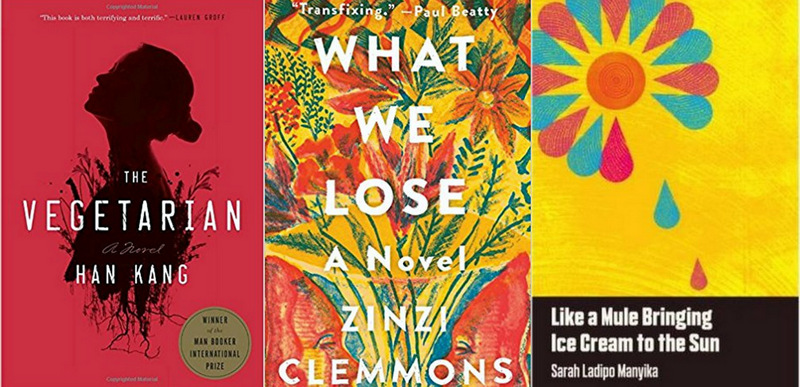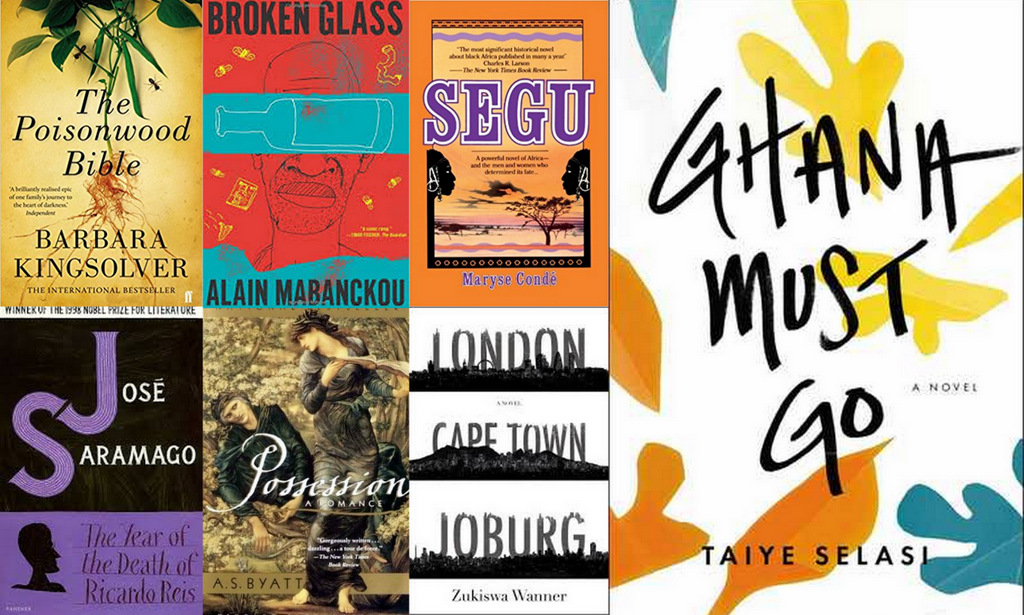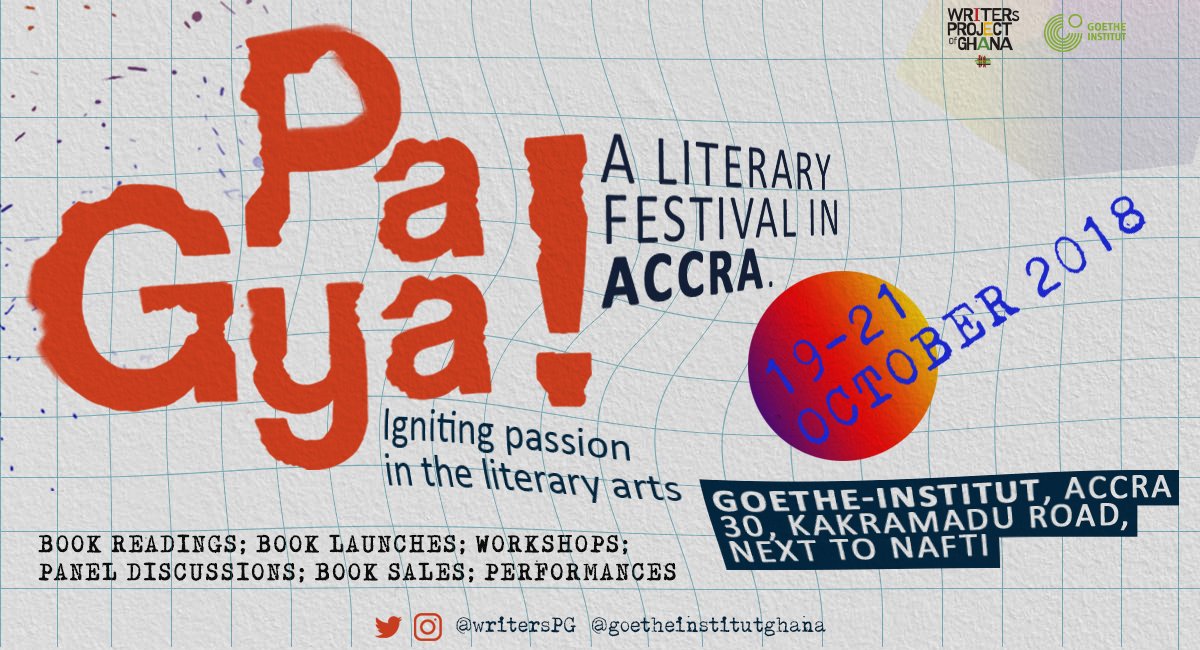The Six Degrees of Separation meme is hosted by Book Are My Favourite Things. The idea is to connect a book selected by the host to another book of your choice through six criteria of your choosing. It is...

The Six Degrees of Separation meme is hosted by Book Are My Favourite Things. The idea is to connect a book selected by the host to another book of your choice through six criteria of your choosing. It is a First Saturday of the Month event (of course I’m late!). I would like to use this meme to discuss books I’d previously read before beginning this blog or books I’ve read that I haven’t yet got round to reviewing, which are a lot of books.
 This week’s selected book is Tales of the City by Armistead Maupin. I haven’t read this book or any other book by the author. I’m familiar with the TV miniseries production based on the book and how popular it was in the USA. I might have watched an episode or two and that’s the sum total of my interaction with this book. Tales of the City was serialised before it was published as a novel so
This week’s selected book is Tales of the City by Armistead Maupin. I haven’t read this book or any other book by the author. I’m familiar with the TV miniseries production based on the book and how popular it was in the USA. I might have watched an episode or two and that’s the sum total of my interaction with this book. Tales of the City was serialised before it was published as a novel so
 the next book is Eugene Onegin by Aleksándr Sergéyevich Púshkin, which was also serialised. Púshkin is one of my favourite poet/novelist/playwright. Onegin is a classic. A dandy; thwarted love; then found love; a duel; commentary on social conventions. The book has been adapted into opera (Tchaikovsky), ballet, many films (the production by the Fiennes is marvellous), etc. Pushkin wrote Eugene Onegin in stanzas and the form he devised is known as the “Onegin stanza” or the “Pushkin sonnet”.
the next book is Eugene Onegin by Aleksándr Sergéyevich Púshkin, which was also serialised. Púshkin is one of my favourite poet/novelist/playwright. Onegin is a classic. A dandy; thwarted love; then found love; a duel; commentary on social conventions. The book has been adapted into opera (Tchaikovsky), ballet, many films (the production by the Fiennes is marvellous), etc. Pushkin wrote Eugene Onegin in stanzas and the form he devised is known as the “Onegin stanza” or the “Pushkin sonnet”.
 Vikram Seth wrote his debut novel, The Golden Gate, entirely in Onegin stanzas. I love novels-in-verse. If you don’t, then I’d happily suggest Seth’s A Suitable Boy, a novel that cannot shake its prominent descriptor as one of the longest novels ever written in the English language. However, one doesn’t even notice the novel’s length because it’s so funny. The Golden Gate centers around a group of friends in San Francisco and covers a variety of issues at the core of their lives. The connection is ‘novels set in Francisco’ and my current favorite in that category is
Vikram Seth wrote his debut novel, The Golden Gate, entirely in Onegin stanzas. I love novels-in-verse. If you don’t, then I’d happily suggest Seth’s A Suitable Boy, a novel that cannot shake its prominent descriptor as one of the longest novels ever written in the English language. However, one doesn’t even notice the novel’s length because it’s so funny. The Golden Gate centers around a group of friends in San Francisco and covers a variety of issues at the core of their lives. The connection is ‘novels set in Francisco’ and my current favorite in that category is
 Sarah Ladipo Manyika’s Like a Mule Bringing Ice Cream to the Sun. From my review: “the novella is a character study of Moraya Da Silva, a Nigerian woman in her 70s living in San Francisco. Moraya is a retired English Professor; she lives alone; owns Buttercup, an old Porsche; she flirts, hold conversations with characters from books; she’s forgetful; she loves shoes; she maintains a sexual life and interest. An African elderly woman who is not a grandmother, who doesn’t dispense wisdom at every turn. Is that one too an old woman? Yes, yes, yes!”. Ladipo’s Moraya breaks the stereotypical mold of old women in African literature and it’s a delightful story so I heartily recommend.
Sarah Ladipo Manyika’s Like a Mule Bringing Ice Cream to the Sun. From my review: “the novella is a character study of Moraya Da Silva, a Nigerian woman in her 70s living in San Francisco. Moraya is a retired English Professor; she lives alone; owns Buttercup, an old Porsche; she flirts, hold conversations with characters from books; she’s forgetful; she loves shoes; she maintains a sexual life and interest. An African elderly woman who is not a grandmother, who doesn’t dispense wisdom at every turn. Is that one too an old woman? Yes, yes, yes!”. Ladipo’s Moraya breaks the stereotypical mold of old women in African literature and it’s a delightful story so I heartily recommend.
 When it comes to the portrayal of older African women, Like a Mule Bringing Ice Cream to the Sun is linked to Yewande Omotoso’s The Woman Next Door. This latter novel is about two elderly neighbors, one black and one white, living in a wealthy South African enclave. Their relationship is at first acrimonious but then thaws to a warm détente over a series of quite mundane neighbourly things and crises. Omotoso’s skill in writing nuanced characters is what makes this book a must read for me. Yewande Omotoso was born in Barbados and so the next book is
When it comes to the portrayal of older African women, Like a Mule Bringing Ice Cream to the Sun is linked to Yewande Omotoso’s The Woman Next Door. This latter novel is about two elderly neighbors, one black and one white, living in a wealthy South African enclave. Their relationship is at first acrimonious but then thaws to a warm détente over a series of quite mundane neighbourly things and crises. Omotoso’s skill in writing nuanced characters is what makes this book a must read for me. Yewande Omotoso was born in Barbados and so the next book is
 In the Castle of My Skin, by another writer born in Barbados: the acclaimed George Lamming. The novel is a coming of age story set in the Caribbean migrant community in 1950s London. In the Castle of My Skin is a classic.
In the Castle of My Skin, by another writer born in Barbados: the acclaimed George Lamming. The novel is a coming of age story set in the Caribbean migrant community in 1950s London. In the Castle of My Skin is a classic.
The last connector is colonial coming-of-age stories and so we finally arrive at Nervous Conditions by Tsitsi Dangarembga. The novel opens with:
“I was not sorry when my brother died”
 This line’s arrival was a seismic event in African literature. The novel covers themes such as the yoke of patriarchy and colonialism but whew, all folks remember are the stores of Tambu and Nyahsa. Another classic!
This line’s arrival was a seismic event in African literature. The novel covers themes such as the yoke of patriarchy and colonialism but whew, all folks remember are the stores of Tambu and Nyahsa. Another classic!
That’s it for this week’s Six Degrees of Separation from Tales of the City to Nervous Conditions. We started in 1970s San Francisco, then back to 1820s St Petersburg, Russia (s/o to the World Cup), then back to San Francisco, then a trip to South Africa, a hop to London via Barbados and then finally settling in Zimbabwe. We are grateful for travelling (and reading) mercies!













